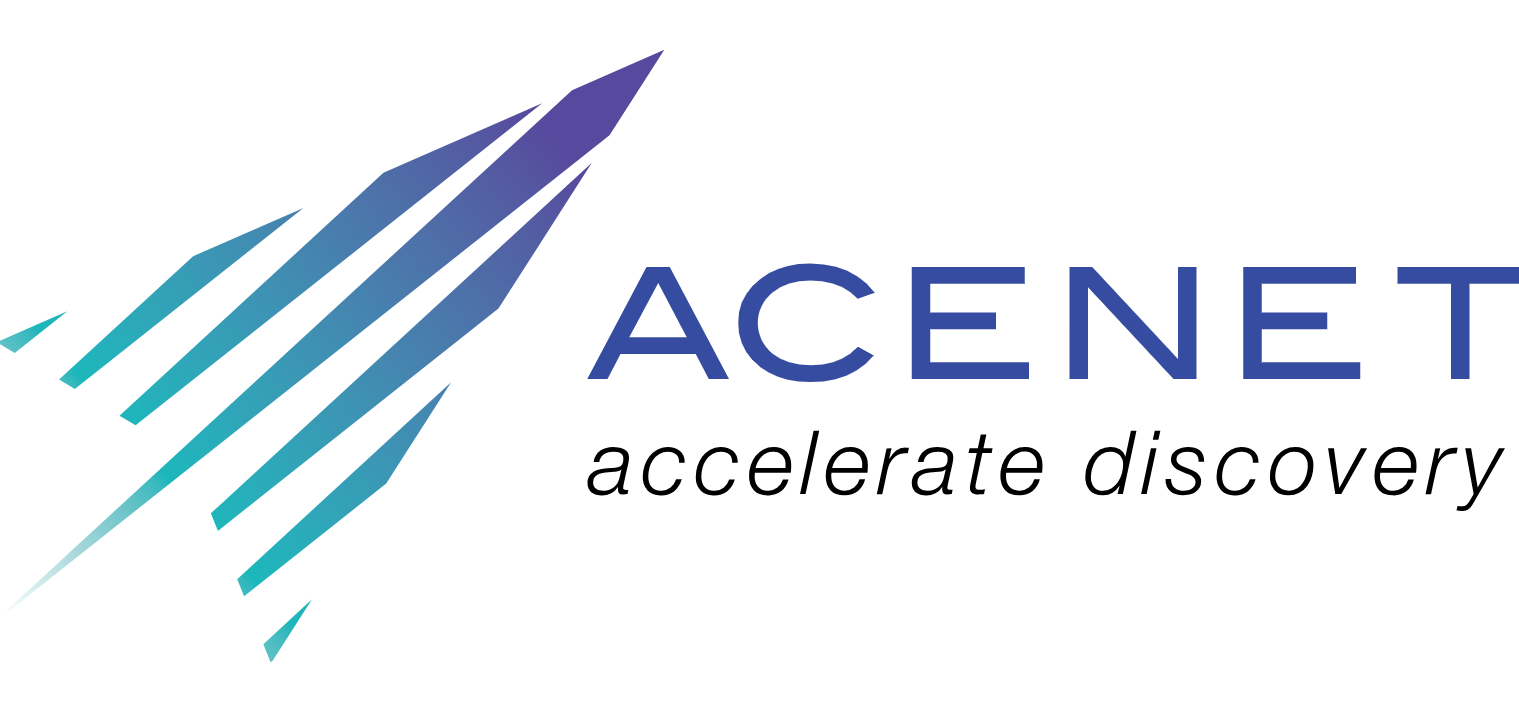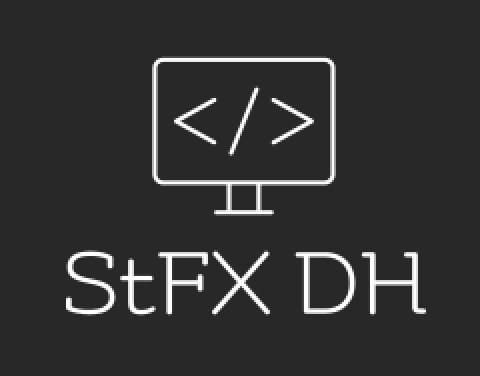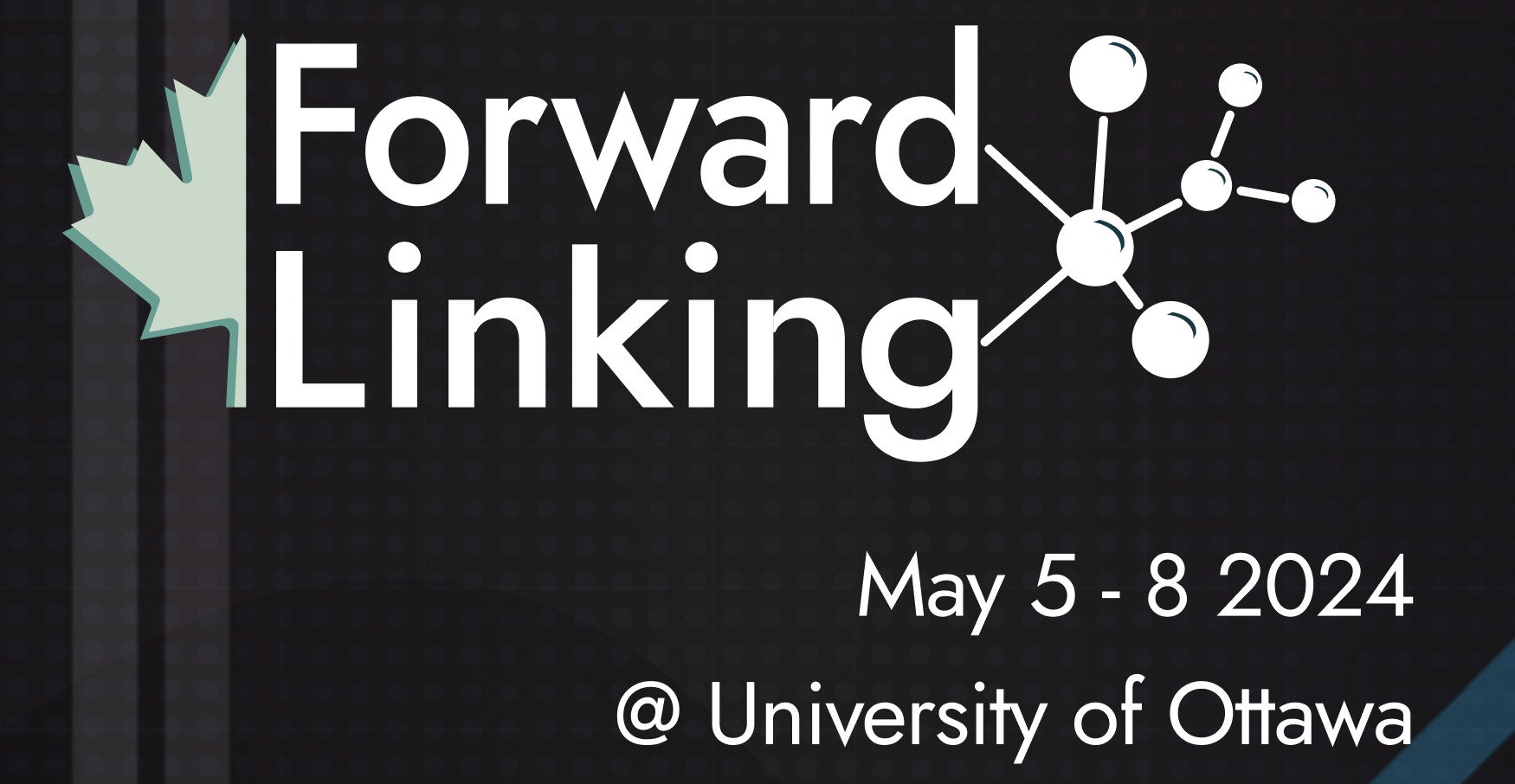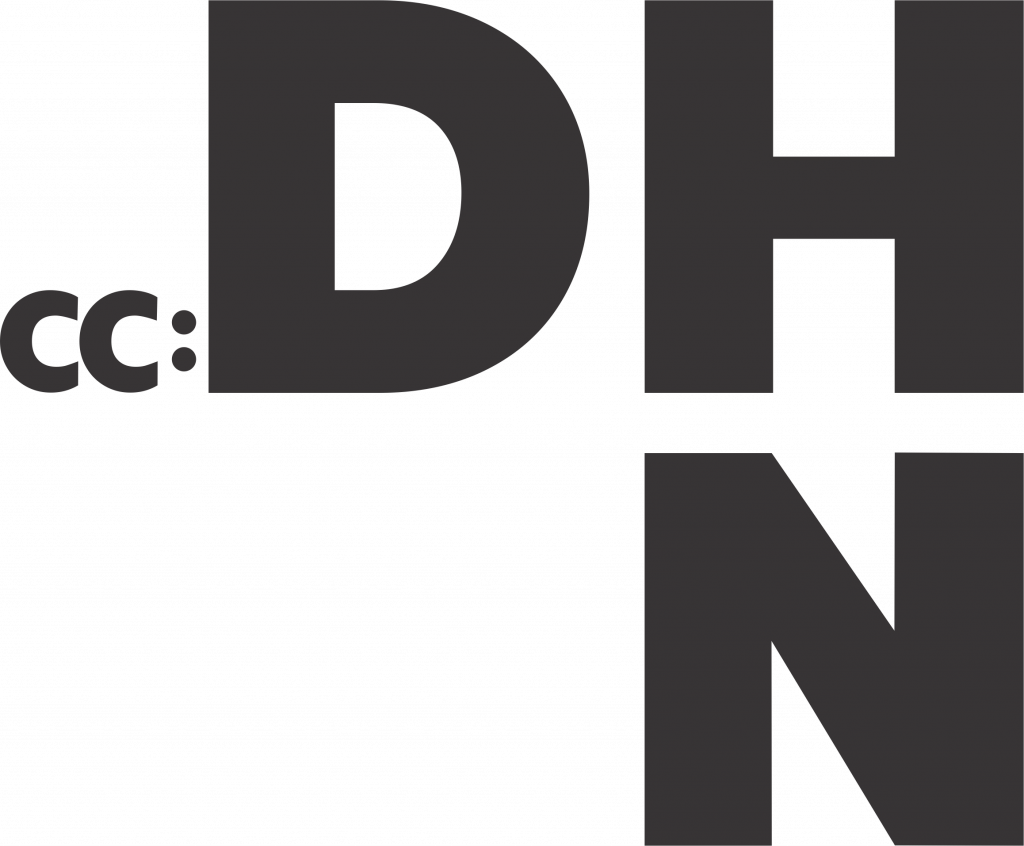
Introduction to Natural Language Processing
How do computers understand language? It seems impossible that zeroes and ones could ever add up to words that humans can understand, but machine language has come a long way […]

How do computers understand language? It seems impossible that zeroes and ones could ever add up to words that humans can understand, but machine language has come a long way […]

Led by Aaron Tucker, Alexa Vachon, and Margaret Vail with Meghan Landry and Adnane Ait Nasser

Don’t lose all that hard work you’ve put into creating a digital scholarship project! With all the moving parts involved, digital scholarship projects can “break” two or three years after completion when preservation concerns aren’t considered. Websites require maintenance, platforms like Omeka and StoryMaps need version updates, file formats become obsolete – making projects interactive and accessible over the long-term can be complex. In this roundtable discussion, we’ll explore challenges in preserving digital scholarship projects, as well as tools & approaches to supporting their long-term access and use. We’ll conclude with a sandbox session where we share case studies and respond to participant questions.

This workshop aims to equip participants with a basic understanding of Generative AI (GenAI) and the ethical implications of its use in student research. Participants will explore its use for […]

Aimed at grad students and faculty researchers, this lecture-style workshop reviews the key components of a data management plan (DMP) and offers guidance on using the DMP Assistant, a bilingual tool for preparing […]

Are you a UVic student, staff, or faculty member and want to learn more about creating infographics? If so, then this hands-on workshop will give you an introduction. Once you’ve […]

Have you heard of, or been wondering about, Geographic Information Systems (GIS) and how it might benefit your work? Are you an university researcher and looking to learn more about, […]

Linked Open Data (LOD) refers to a set of standards and practices that allow data to contribute to the Semantic Web. This introduction will cover how LOD works in theory […]

This workshop dives into the Semantic Web with its possibilities for humanities research through exploring ontologies and vocabularies for Linked Open Data (LOD): providing an introduction to how they function […]

OpenRefine is a free and easy-to-learn tool for changing and augmenting data. It has many uses, including cleaning and reconciling structured data (e.g., spreadsheets) in preparation for creating Linked Open […]

The Linked Infrastructure for Networked Cultural Scholarship (LINCS) has developed several Application fProgramming Interfaces (APIs) that enable developers to access LINCS datasets and tools. In this workshop, we will provide […]

This workshop will provide an overview of the ResearchSpace environment for linked data. ResearchSpace is a web-based tool for the storage, review, publication, and discovery of Linked Open Data. It […]
